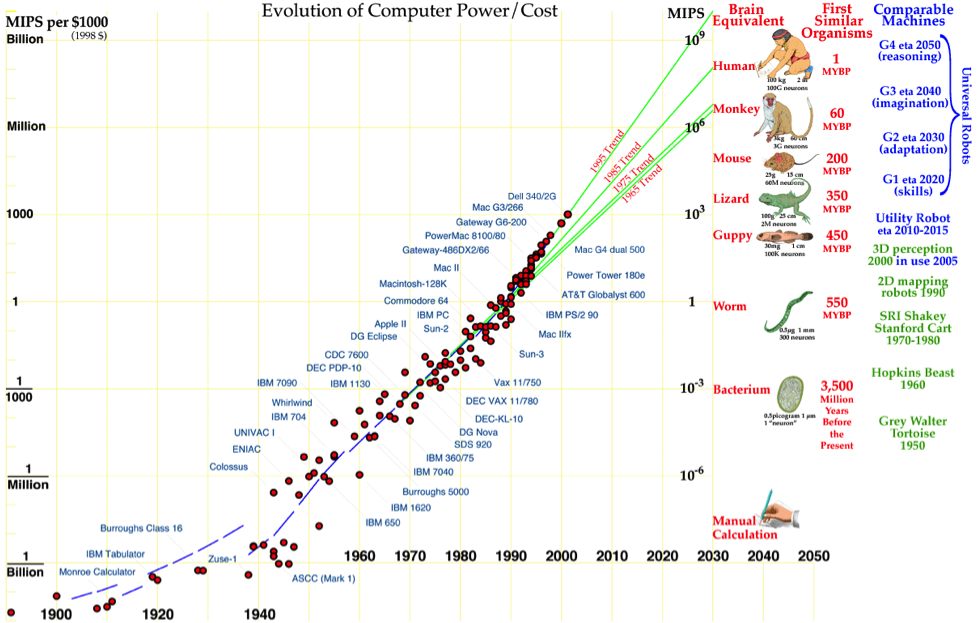Cancer drug development time halved thanks to artificial intelligence and Moore's Law.
Adam Rifkin stashed this in Medicine
Stashed in: Awesome, Turing, AI, Cancer, Cancer, Accelerating Returns, @emilialahti, @emilialahti, Artificial Intelligence
A cancer-fighting drug is on target to be brought to market in half the expected time thanks to the use of artificial inteligence in testing, a start up has claimed.
Berg Health, a pharmaceutical startup founded in 2008 with Silicon Valley venture capital backing, said it expected the drug to go on sale within three years, marking seven years in development compared to the general 14.
Healthy cells feed on glucose in the body and die off, in a process known as cell death, when their usefulness draws to a close. But in some circumstances the mitochondria - the parts of the cell that provide its energy - malfunction and metabolise lactic acid instead of glucose, turning off their built-in cell death function at the same time.
The cell can then becomes cancerous and a tumour grows. Berg’s drug, BPM31510, will reactivate the mitochondria, restarting the metabolising of glucose as normal and reinstituting cell death, so the body can harmlessly pass the problem cells out of the body.
Berg Health's team used a specialised form of artificial intelligence to compare samples taken from patients with the most aggressive strains of cancer, including pancreatic, bladder and brain, with those from non-cancerous individuals. The technology highlighted disparities between the corresponding biological profiles, selecting those it predicted would respond best to the drug.
"We’re looking at 14 trillion data points in a single tissue sample. We can’t humanly process that," said Niven Narain, a clinical oncologist and Berg co-founder. "Because we’re taking this data-driven approach we need a supercomputer capability.
Emilia Lahti adds:
Moore's law.
Don't know what it stands for? Read this:
http://nytimes.com/2015/05/13/opinion/thomas-friedman-moores-law-turns-50.html
Source: https://facebook.com/emilia.elisabeth/posts/10153032032185303











12:20 PM Oct 10 2015